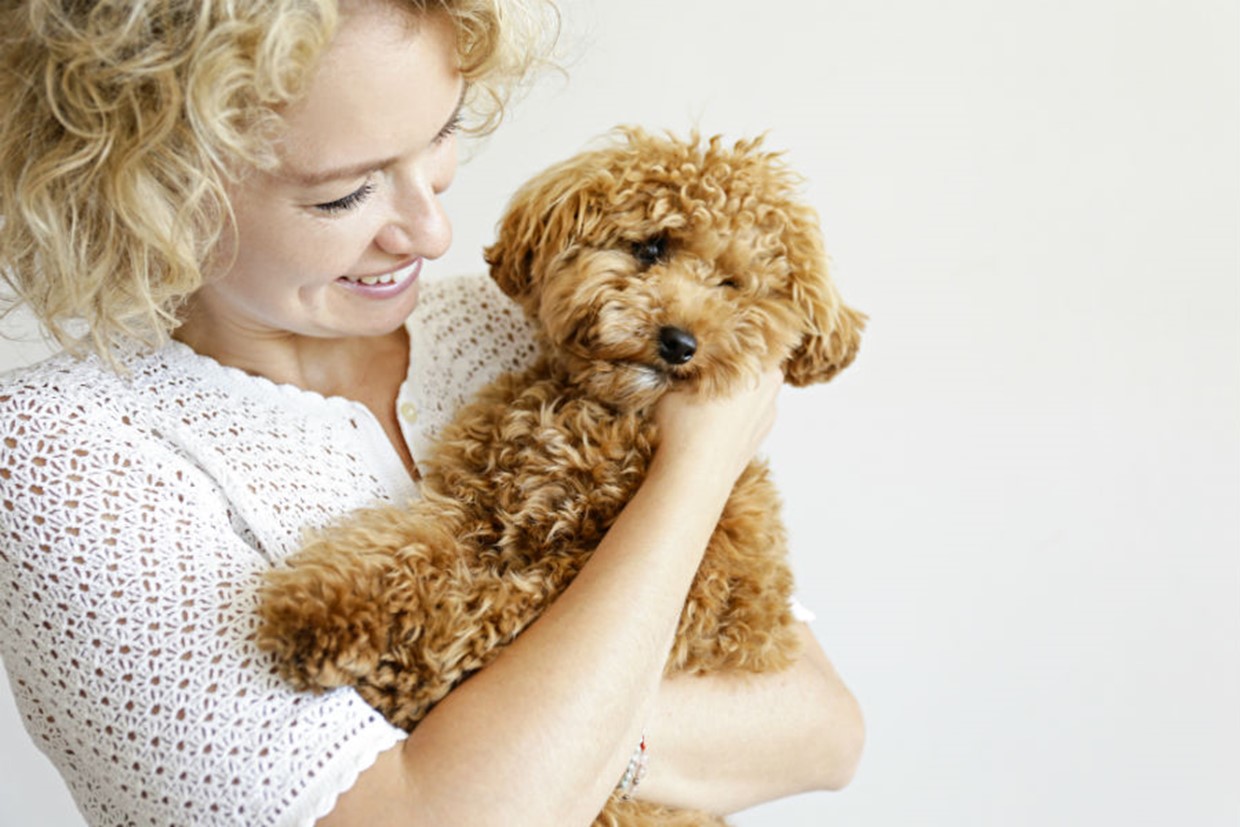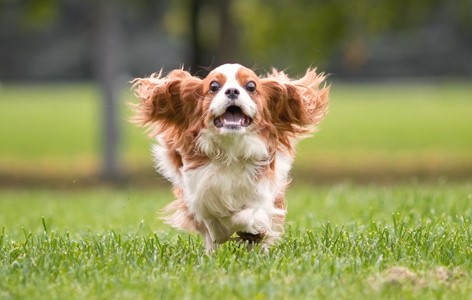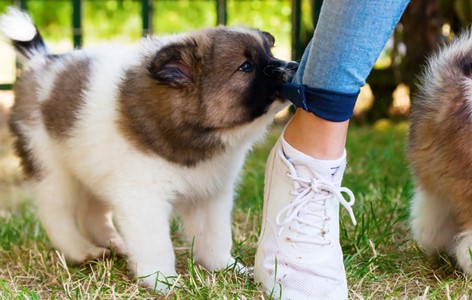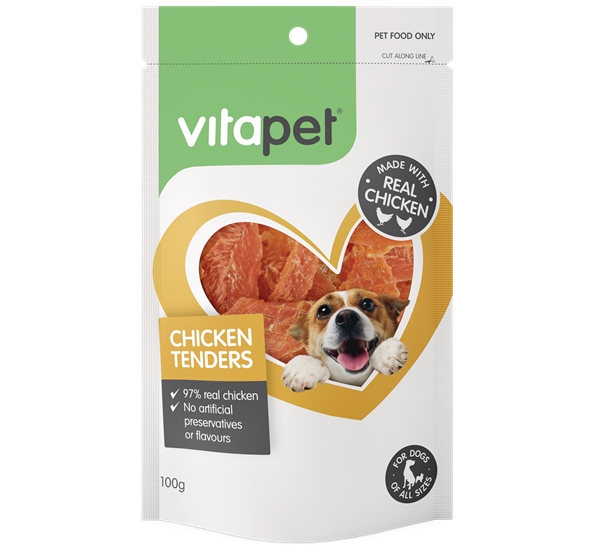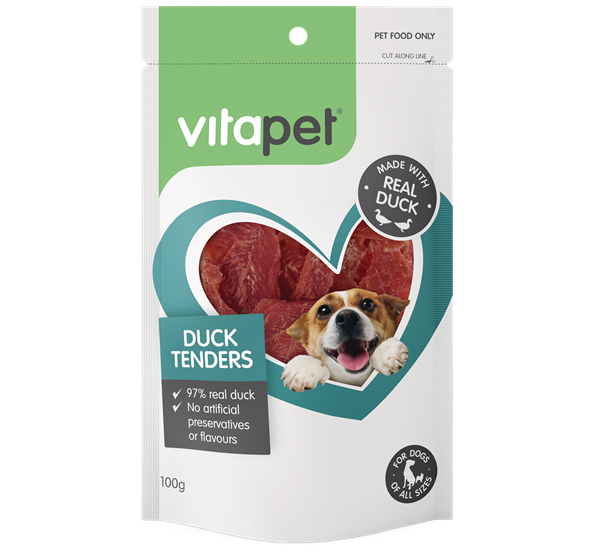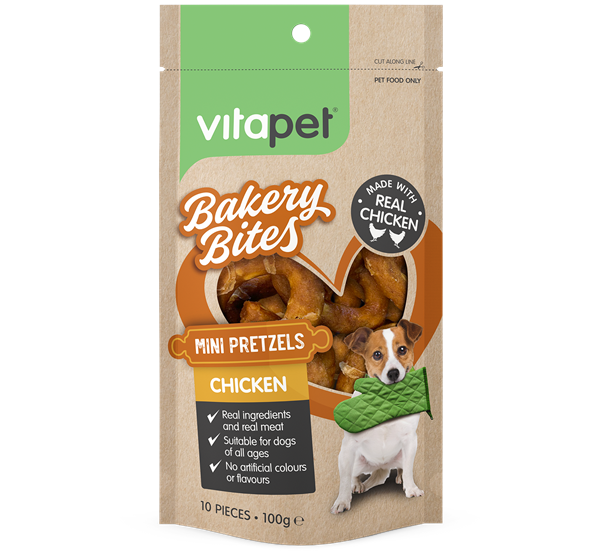Having a puppy is fun and exciting – especially if you’re a first-time dog owner. But if you’re new to puppy parenthood, you may have a few questions.
Here, we answer some of the most common ones to help get the relationship with your new mate off to the right start.
1. When should I start training my new puppy?
From the very beginning. You’ll be teaching your pup where to sleep, eat, where to go potty and what the general family routine is – all of which will give them confidence and a sense of security about their new surroundings. Treats are a great way to reward your pup when it’s doing the right thing and reassure them of positive behavior.
It’s also important that everyone knows the rules. If you’re ok with the pup lounging on the sofa but your housemate is not, those mixed messages will confuse your furry pal. That’s why it’s important to get everyone on the same page.
More formal training at puppy school usually starts when your pup is between 8 and 16 weeks of age.
You can check with your vet if they offer puppy training classes.
2. Is it okay to take my puppy on long walks?
Short legs, growing bones and developing joints means that less is definitely more when it comes to walking your pup. Yes, it may be tempting to watch how downright cute their little paws look pitter-pattering to keep up with you, but just like small children they tire quickly. Hence, short bursts of exercise throughout the day are healthier and safer for your growing mate.
3. How important is the right diet for my puppy?
No matter how much your pup is eying your snack, ensuring they receive proper puppy nutrition is paramount.
Similar to baby formula, your puppy needs a specific diet.
Specially formulated puppy food contains the right balance of proteins, essential amino acids, vitamins and minerals your puppy needs to grow.
The proper amount is also important as feeding too much or too little could affect your puppy’s life expectancy and also contribute to the development of chronic diseases. Make sure to check the feeding guide on the back of your puppy food pack.
4. Can we take our puppy straight to the dog park?
You’ve probably long dreamed about joining the pack at the dog park, so now that you have your own ball of fur, you’re buzzing to get there. But before you grab the lead, make sure your puppy is fully vaccinated, microchipped and registered. It also pays for them to have received basic training, so your pup is one paw ahead and has some idea of what’s expected of them.
5. How long can I leave my pup alone?
Just like (most of) us, dogs are social creatures so, naturally, they prefer to have you around. Young puppies shouldn’t be left alone for longer than 1-2 hours a day - one reason being that their tiny bladders simply won’t be able to hold it in any longer. But as they mature and become confident being by themselves, you can gradually increase that time.
The key is to teach your pup to be comfortable on their own from the beginning, starting with small amounts of time (e.g. a minute or two) and working your way up without distressing them.
Raising a puppy is not entirely unlike raising a baby, so before bringing your new fluffy friend into your life, make sure to learn all you can about providing them the best possible care. This way, you put your pup in the best possible position for a long and healthy life full of waggy tails and tongues.











